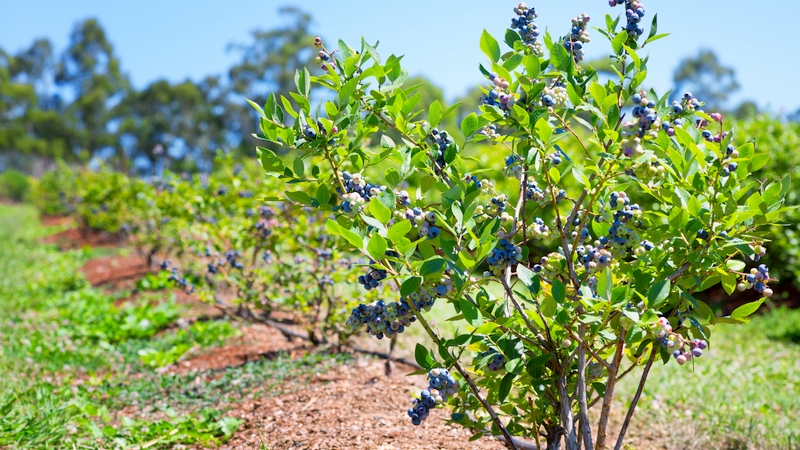No Off Season For Grape Growers
The growing season is always a hectic time in the vineyard. Making sure to time sprays properly, getting canopy management practices done at the right times, and harvest — talk about crazy time! So in some ways, it might be natural to think of the time outside of the growing season as slower, more relaxed and easy. While that might be true to an extent, I don’t think you can really call the time after harvest through next year’s budbreak the “off season” for growers. There’s plenty to keep a grower busy during the winter, and I don’t just mean pruning.
• Review the past year with buyers. If you sold fruit to a winery this year, find time to meet with the winemaker and talk to them about how things went. How satisfied were they with the quality and quantity of fruit that you brought to them this year? Were there any problems with communication during the season or during harvest that can be improved? Remember that in the end, a grower is a supplier for the winery, just like the equipment, chemical, and other suppliers that growers rely on for their businesses. Think about the characteristics and behaviors that you appreciate from your suppliers and use those to make yourself valuable to your customers.
• Revisit business/marketing plans and goals. This assumes, of course, that growers have developed business and marketing plans for their business (if not, that should be your task this winter). The environment that growers and wineries operate in is constantly shifting on regional, national, and international levels. It is important, therefore, to regularly revisit the business’ goals and possibly adopt new strategies for how to accomplish them. Perhaps there is an emerging market or trend that could be captured if the business is able to adapt itself to meet them — a new variety, or something that is being requested by customers more often.
While this can seem like a daunting task, growers don’t have to go at this alone. There are a number of resources available to help farm businesses with this kind of work. Many lenders employ or have working relationships with financial consultants who will work with their clients. There may also be non-profit agencies or producer groups who can help. In New York, for example, NY FarmNet is an organization that works with farmers on financial and business planning, among many other issues, for little or no cost.
• Continue to learn. Winter is the time when many state and regional industry associations hold their annual meetings and conferences. One thing that I hear often from successful growers when asked about what makes them successful is that they are always trying to learn about new and better ways of farming. These winter meetings are always great opportunities for growers to gather and hear updates on practical information from faculty and Extension staff who do applied research, as well as from their colleagues who may be trying new and different things in their vineyards.
These meetings can also be just as valuable for the chance to network and make new contacts with other growers, find product suppliers through trade shows, and possibly even find a new buyer or market opportunity. In addition to attending workshops in your own area, think about attending one somewhere else. Besides being a small vacation, going to a conference somewhere else can expose you to new ideas that you might not get to hear about if you stayed in your own backyard.
One such opportunity will be the Viticulture 2010 Conference and 39th Annual Wine Industry Workshop to be held Feb. 17-19, 2010, at the Rochester Convention Center in Rochester, NY. The meeting will feature a number of national and international speakers both from industry and academia covering a wide variety of topics related to grape growing and winemaking. There will also be a large trade show featuring vineyard and winery equipment and service vendors as well. Registration, program, and exhibitor information can all be found at www.viticulture2010.org.
Enjoy your “off season”!









